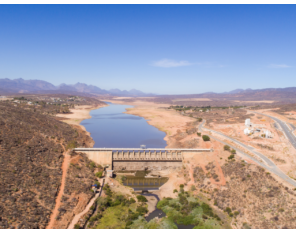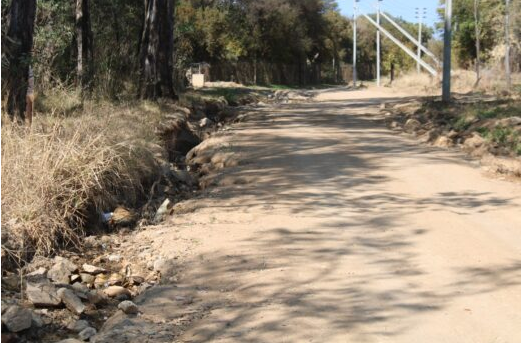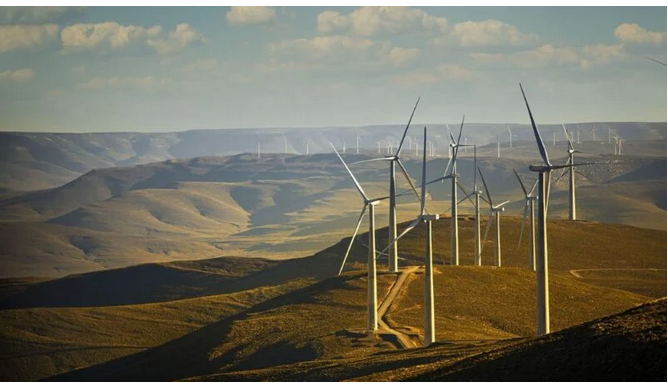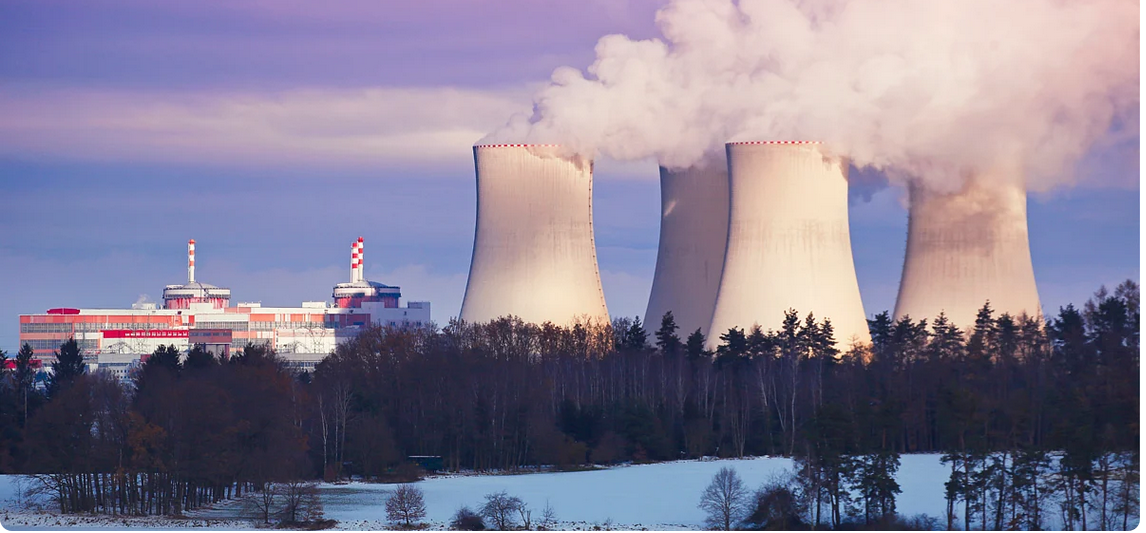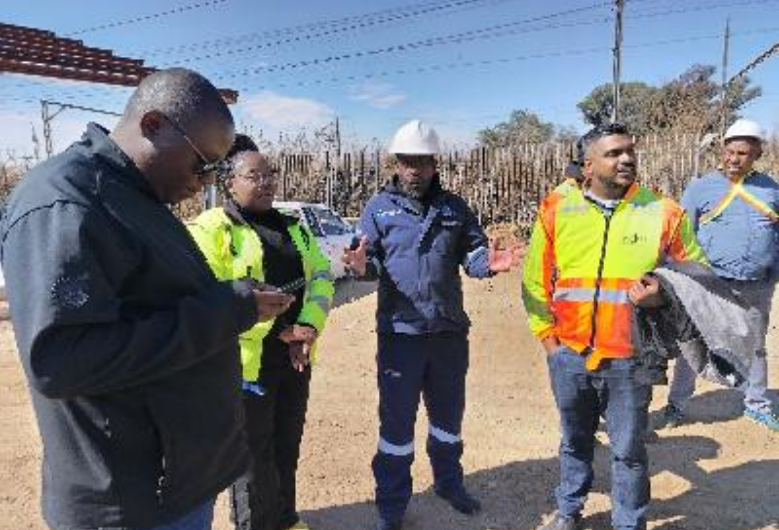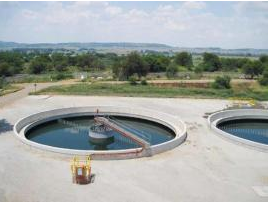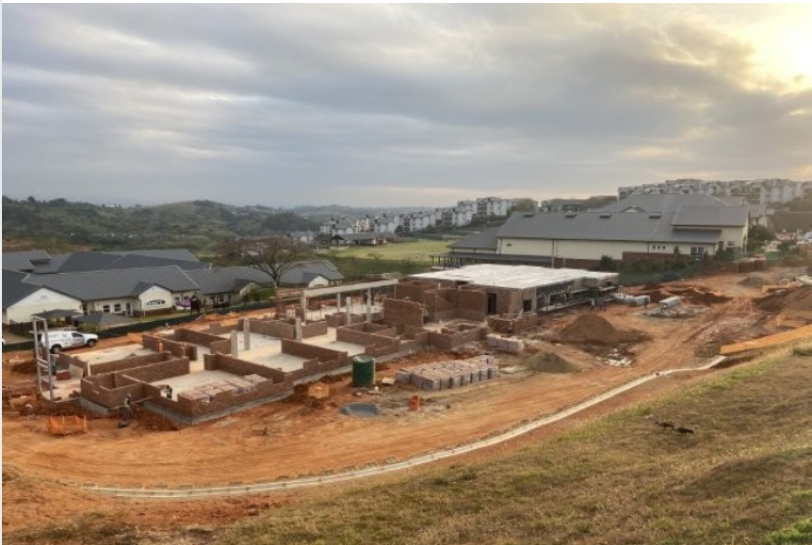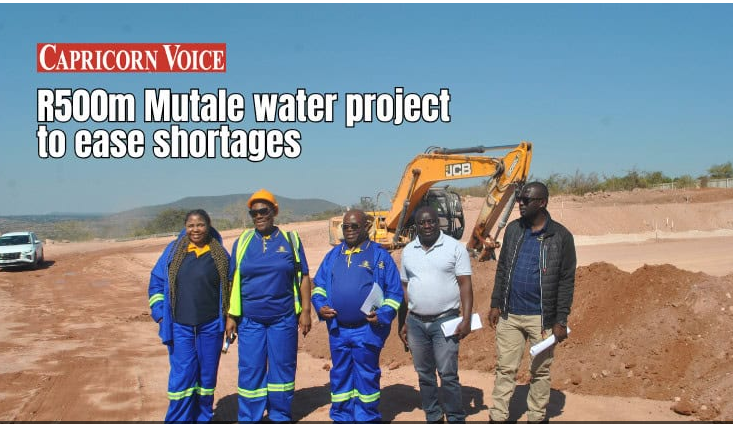Mining chiefs talk straight — finally

Advertising
11-08-2015
Read : 119 times
BusinessDay
Source
THE situation "is so bad that the fear of being singled out or victimised is of such small consequence now that people feel they have to speak out". These were the words of Sibanye Gold CEO Neal Froneman last week. He was speaking just a week after Anglo American CEO Mark Cutifani had taken on African National Congress secretary-general Gwede Mantashe’s hawkish statements against mining companies that are retrenching workers.
Mr Froneman honed in on an open secret that has for years prevented meaningful discussion on the future of SA’s mining industry. Executives have been expressly forbidden from sharing their opinions or insights on policy matters with the public if they were going to be critical of the government. Former mineral resources minister Susan Shabangu was brutal in assailing mining executives for this, once writing a long, acerbic note to an executive for an article he had written for this newspaper.
Dishonest, platitude-filled discussion became the norm while everyone dithered and the industry sank deeper into a morass.
By the time the Marikana massacre occurred in August 2012, the industry had already missed out on the commodities boom. Still, the restructuring that was sorely needed did not happen. Instead the government led its frightened stakeholders on a narrow path by adopting what was essentially a holding position to save jobs.
Since then commodity prices have fallen further and, with a combination of Chinese economic rebalancing, economic anaemia in the eurozone and US President Barack Obama’s climate change policy proposals, the gloomy picture looks set to remain for a while longer.
For SA, this means more misery on top of an already dire situation. Urgent and deep reforms are needed not only to survive current storms but to reposition the industry for a tougher future.
The task team assembled by Mineral Resources Minister Ngoako Ramatlhodi last week does not have broad restructuring as its mandate. Like the mining industry’s task team on growth, development and employment before it, it is meant to look into ways the jobs bloodbath can be delayed but without making fundamental changes.
The harsh economic realities are colliding with SA’s attachment to political dialogue just for the sake of it. There is no longer room for task teams and endless discussion because operations that have long been marginal are now under water. Intimidation by politicians will only postpone the harsh realities. What is to be done?
The government, unions and the mining sector must do four things. The first is to assess mining operations that are not profitable and accept that those that do not have a future in the medium term must be shut down.
This will also have the complementary effect of limiting supply to what the market needs or should take at current prices.
Second, they must develop a comprehensive reskilling programme for affected workers to supply sectors that may have a shortage of skills, such as boilermaking and plumbing.
Third, they have to look at temporarily suspending social obligations on operations that are under severe financial strain. Crisis management is about tough choices. A mine that has been shut down cannot provide social development anyway.
Finally, a new accord must be fashioned that covers labour relations, mining regulation and investment over the long term. The current relationship is one of hostile vigilance. Wage negotiations are tense regardless of the economic environment. Only decisive action, however painful, will ensure the sustainability of the industry.
Recent News
Here are recent news articles from the Building and Construction Industry.
Have you signed up for your free copy yet?
